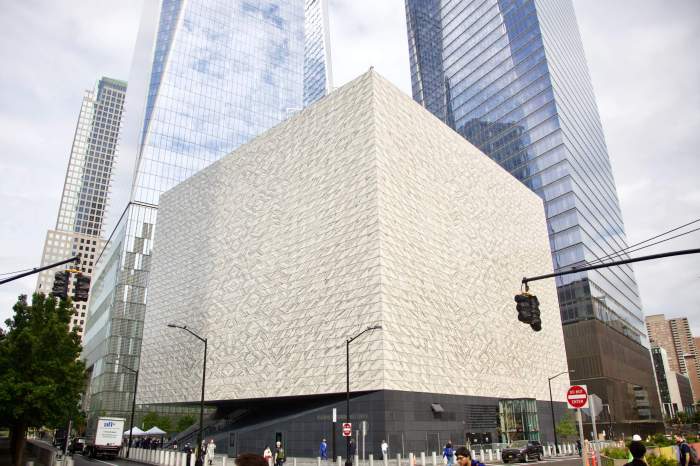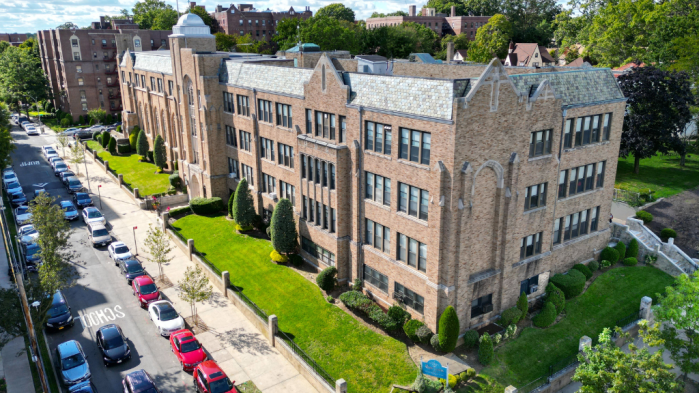It is our hope that this great city forever remains a desirable and expensive place to live, but there also must be a place for people of all income levels. Part of the answer to the city’s chronic housing crunch is in two funding streams right here in Lower Manhattan.
One source has been around for about 20 years – excess revenue from the Battery Park City land – and one is more recent – the $820 million or so left in the Lower Manhattan Development Corporation’s federally-funded Community Development Block Grants. There are many worthy demands for the C.D.B.G. money and only a portion of it can and should go to fund more affordable housing. The Battery Park City money is a different story.
This week, U.S. Rep. Jerrold Nadler brought together housing advocates, politicians, and yes, even business leaders to call for dedicating the surplus revenue from Battery Park City to an affordable housing fund as was originally intended.
The state Legislature passed a law in 1986 allowing the city to issue $400 million in bonds to be used for affordable housing in all five boroughs. The bonds would be backed by B.P.C. ground leases and payments in lieu of taxes and would be a consolation for not building many below-market apartments in the neighborhood. In 1989, the agreement was amended to allow the money to be used for budget holes and mayors have been driving trucks through that loophole ever since. Over $500 million in bonds that could have been used to build affordable places to live were never realized.
Candidate Mike Bloomberg said he would use Battery Park City money for its original intent — affordable housing — and now that he is mayor we expect him to live up to that promise. To his credit, Bloomberg does have a serious plan to preserve and build 65,000 affordable apartments, but it would be strengthened if he added in the B.P.C. money. The Mayor had been trying — and perhaps still is — to get Gov. George Pataki to agree to use more L.M.D.C. money for affordable housing.
Pataki, Bloomberg and City Comptroller Bill Thompson are the three people who control the B.P.C. money and each bears responsibility for continuing the affordable housing diversion. Only one of them has to act to change it.
Assembly Speaker Sheldon Silver, thankfully, was able to prevent Bloomberg from diverting the B.P.C. money to the proposed expansion of the Javits Center in the Hudson yards plan. We hope the speaker will now become a more forceful advocate for using the money for affordable apartments.
We can’t continue to remain a great city unless we preserve and build more apartments that middle and low income people can afford. As a former Battery Park City Authority president, Sandy Frucher, pointed out Monday, the city’s business community needs the best and brightest to be able to move here from all over the world.
It’s time for our political leaders to renew the promise made when Battery Park City was built.
WWW Downtown Express

















